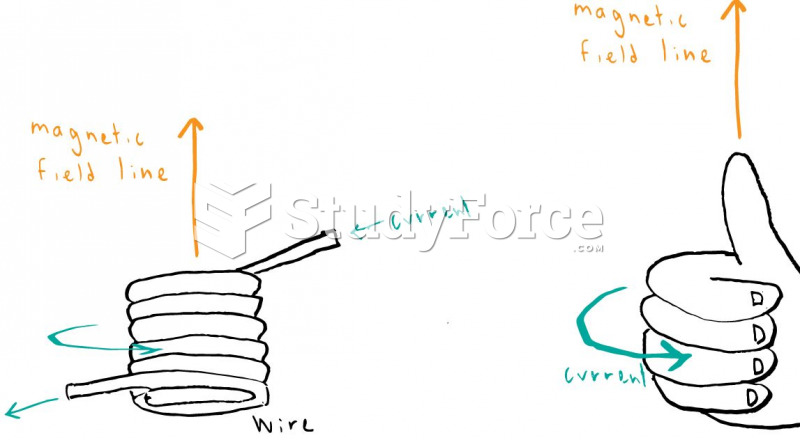Answer to Question 1
Debate over the exclusionary rule centers on three important issues: (1) whether the rule deters police misconduct; (2) whether the rule imposes unnecessary costs on society; and (3) whether alternative remedies would be effective and should be pursued.
Critics of the exclusionary rule argue that the rule does very little to deter police misconduct. They claim that most constitutional rights violations are unintentional and the potential for exclusion of evidence will not prevent such accidental violations. They further argue that even in cases where the police act in bad faith, the officers will often commit perjury to mask a constitutional rights violation.
Critics also claim that any possible benefit of the exclusionary rule is outweighed by its social costs. First, they believe that the exclusionary rule requires throwing out some of the most reliable forms of evidence (such as confessions), freeing criminals who would have been easily convicted. Second, critics believe that innocent people have nothing to gain from the exclusionary rule because they have nothing to be seized by law enforcement officers who would infringe on constitutional protections. Critics also believe that the exclusionary rule creates public cynicism because it allows some individuals to escape prosecution. Finally, critics believe that the exclusionary rule is too extreme, in that a relatively trivial violation by a police officer may result in the exclusion of significant evidence.
Critics of the exclusionary rule further claim that alternative remedies such as civil litigation, criminal prosecution, and discipline within police departments are effective and should be pursued.
Supporters of the exclusionary rule respond that the rule is not intended to deter individual officers (specific deterrence) but is intended to have a broader, systemic deterrent effect (general deterrence).
Supporters of the exclusionary rule, by contrast, believe its benefits outweigh the costs.
For example, they argue that the exclusionary rule is rarely applied. Motions to exclude evidence based on alleged constitutional rights violations are relatively rare, and they succeed even more rarely. Second, supporters believe the rule is beneficial because it does help innocent people.
Answer to Question 2
D







